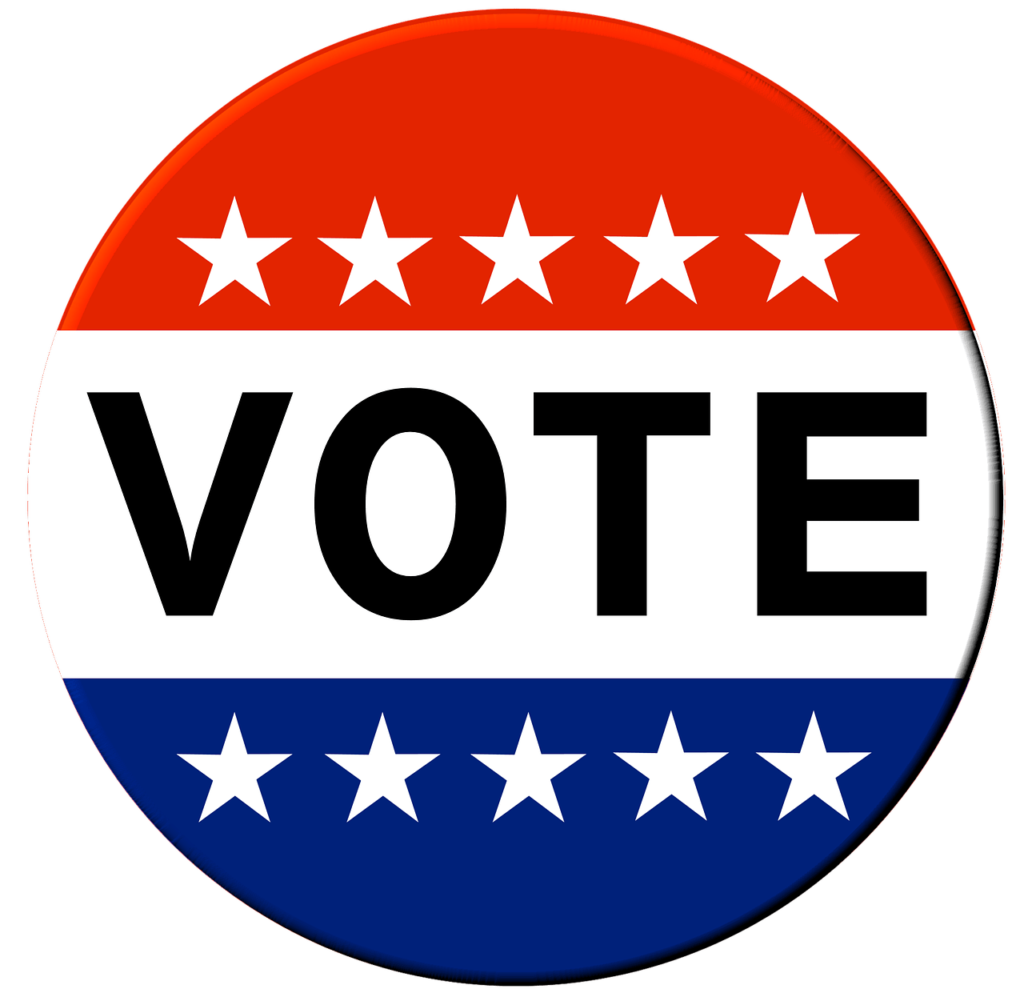Can Candidates Use Personal Funds For Their Campaigns?
Can candidates use personal funds for their campaigns? In this article, we will explore the rules and regulations surrounding the use of personal funds in political campaigns. From contribution limits to reporting requirements, we will cover everything you need to know about this topic.
Understanding Personal Funds in Political Campaigns
When it comes to financing political campaigns, candidates have various options. One of those options is using personal funds. Personal funds refer to money that comes directly from the candidate’s own pocket, rather than from donations or other sources.
Using personal funds for a political campaign can provide candidates with more flexibility and control over their finances. However, there are rules and regulations in place to ensure transparency and accountability in the use of personal funds.
Contribution Limits
The Federal Election Campaign Act (FECA) sets limits on the amount of personal funds that a candidate can contribute to their own campaign. These limits vary depending on the type of office the candidate is running for.
For example, in the 2020 election cycle, the contribution limits for personal funds in federal elections were as follows:
- $2,800 per election for candidates running for President or Vice President
- $5,000 per election for candidates running for House of Representatives
- $2,800 per election for candidates running for Senate
It’s important for candidates to be aware of these limits and ensure that they stay within the legal boundaries when using personal funds for their campaigns.
Reporting Requirements
In addition to contribution limits, candidates who use personal funds for their campaigns are also required to report these contributions to the Federal Election Commission (FEC). This helps ensure transparency and accountability in the use of personal funds.
Candidates must file regular campaign finance reports with the FEC, which detail the sources of their contributions, including any personal funds used. These reports are made available to the public and can be accessed online through the FEC’s website.

Pros and Cons of Using Personal Funds
Using personal funds for a political campaign comes with its own set of pros and cons. Let’s take a look at some of the advantages and disadvantages of using personal funds in campaigns.
Pros
- Control: Using personal funds gives candidates more control over their campaign finances. They can decide how much money to spend and where to allocate their resources.
- Independence: Candidates who use personal funds are not reliant on donations from outside sources, which can give them more independence in their campaigns.
- Flexibility: Personal funds can provide candidates with flexibility in terms of budgeting and spending, allowing them to adjust their financial strategy as needed.
Cons
- Cost: Using personal funds can be expensive, especially for candidates running for higher office. The cost of funding a campaign out of pocket can be prohibitive for some individuals.
- Perception: Some voters may view candidates who use personal funds as self-serving or out of touch with the needs of the general public. This can potentially harm a candidate’s reputation and electoral prospects.
- Legal Limits: Candidates must comply with contribution limits and reporting requirements when using personal funds, which can add complexity and administrative burden to their campaigns.

Strategies for Using Personal Funds Effectively
If you’re considering using personal funds for your political campaign, it’s important to have a solid strategy in place. Here are some tips for using personal funds effectively:
Set a Budget
Before using personal funds for your campaign, it’s essential to create a detailed budget outlining your expenses and expected costs. This will help you determine how much money you need to contribute and where to allocate your resources for maximum impact.
Prioritize Spending
Focus on prioritizing your spending on activities that will have the most significant impact on your campaign. This could include investing in targeted advertising, grassroots outreach, or voter engagement initiatives.
Monitor Your Finances
Keep a close eye on your campaign finances throughout the election cycle. Regularly review your budget and expenses to ensure that you are staying within your budget and complying with reporting requirements.
Seek Legal Advice
If you have questions or concerns about using personal funds for your campaign, don’t hesitate to seek legal advice from a campaign finance expert. They can help you navigate the rules and regulations surrounding personal funds and ensure that you are in compliance with the law.

Case Studies: Candidates Who Used Personal Funds
To provide you with some real-world examples of candidates who have used personal funds for their campaigns, let’s take a look at a few case studies:
Case Study 1: Meg Whitman
Meg Whitman, the former CEO of eBay, ran for Governor of California in 2010. Whitman spent over $140 million of her own money on her campaign, setting a record for the most significant personal contribution in U.S. history. Despite her significant financial investment, Whitman was ultimately unsuccessful in her bid for governor.
Case Study 2: Michael Bloomberg
Michael Bloomberg, the former Mayor of New York City, is known for using personal funds to finance his political campaigns. Bloomberg spent over $1 billion on his presidential campaign in 2020, making him one of the top self-financed candidates in U.S. history. While Bloomberg’s campaign was well-funded, he ultimately dropped out of the race and endorsed Joe Biden.
Case Study 3: Donald Trump
Donald Trump, the former President of the United States, used personal funds to support his 2016 presidential campaign. While Trump did receive donations from supporters, he also contributed over $66 million of his own money to his campaign. Trump’s self-financing strategy was a key factor in his successful bid for the presidency.

Conclusion
In conclusion, candidates can use personal funds for their campaigns, but they must comply with contribution limits and reporting requirements set by the FEC. Using personal funds can provide candidates with more control and flexibility over their campaign finances, but it also comes with its own set of challenges and considerations.
Whether you’re a candidate running for office or a voter interested in campaign finance, it’s essential to understand the rules and regulations surrounding personal funds in political campaigns. By staying informed and following best practices, candidates can use personal funds effectively and ethically in their pursuit of elected office.


Comments are closed